Going through a divorce in your adult life even if the marriage had lasted for just a year is a devastating and traumatic event for even the strongest of men and women.
This is definitely not the same as a teenage break-up where you cried for a week, read quotes about love, listened to a sad song or two and got over it. If only it were that easy.
Overcoming a traumatic divorce is a monumental feat of pain and bravery for most adults. It takes a great deal of emotional analysis, self-analysis, overthinking, scourging through one’s memories, having a positive mindset and yielding discipline and patience in your life to get over your significant other.
At the end of the day, you lost a bond that joined you together with another human being for the rest of your life. This means that your plus one for life, your shoulder to cry on, your forever best friend, a partner in crime, is now separated and estranged from you and things can never go back to being the same way as they were before.
My divorce which happened when I was about 27 years old. In my wildest imaginations, I never expected something like this would happen to a person like me; since I have always been wary of conflict, submissive to the max, caring and giving in the role of a wife, or so I believed.
It took me a great deal of contemplation and self-analysis to realize that even though two people can be the nicest of individuals yet their thinking and approach to life can be entirely different from each other. So much so that they cannot continue to live together.
Despite the fact that they really love one another, two people can still not belong together, and there is always one person who cannot bear the toll that the relationship is taking on him/her.
Usually, it is that same person who finally decides to bite the bullet, call it quits and move on. This may be the same person who is able to move on sooner in search of greener pastures, and the one who has invested more is left grieving the past and what could have been for a more extended period of time.
It is part of human nature to feel the sting of abandonment or betrayal manifold when they had been wholeheartedly investing themselves in the relationship or the marriage. A marriage may be dissolved, but that does not mean that a man or woman’s interest and enthusiasm in life must wither away too.
These are some of the steps I took to heal and overcome the trauma I went through at the end of my marriage and at the onset of my divorce.
Acknowledge the trauma
My first step in healing was to understand that what I had gone through was an ordeal, and it was traumatic in ways more than one. I had to come to terms with the fact that I had been traumatized and in the wake of a tragedy which is why my reactions to normal everyday things also altered. Trauma can be of various types and if you are going through a divorce can at times activate all of the basic types of trauma, i.e. acute trauma, complex trauma and post-traumatic stress disorder.
When a marriage becomes stormy and turbulent, and the fight or flight instincts of both the partners are activated, the ensuing circumstances can be traumatizing. Recovering from these bitter situations can take months, even years for an individual.
The best thing to do when you feel like your trauma is affecting you is to stay calm and acknowledge that your inability to cope. You must understand that this is happening because of whatever had surpassed. It is also best to comprehend that whatever has to happen does happen and there is only so much you could have done to salvage the situation.
Read Are You Suffering from PAST LIFE Traumatic Stress Disorder?
Grieve for a while after coming out of denial
Another sure-fire step which set me on a path to healing was the fact that I took a very long time to grieve and be sad about whatever had surpassed. For me, marriage was a contract of a lifetime and the fact that this contract had to be broken and each partner had to go their separate ways was a bitter pill to swallow. It took more than a year for me to recover from my estranged marriage.
For people who have been together for a longer span of time, it would definitely take a longer amount of time.
Even years after settling with someone else, the loss of a previous partner can cut you very deeply. We have to acknowledge that this kind of emotional pain is part and parcel of being a human being, having a soul and having feelings.
Therapy and discussions with friends/family, rationalize what happened
The next best step I could take in my journey of recovery was reaching out, whether it was therapy with long, drawn-out discussions with a complete stranger, or slowly but surely unwinding in deep conversations with my friends, reaching out to other people was one of my most significant sources of healing.
When you are knocked into a tight place, where you do not see any more light at the end of the tunnel or when you are covered up in a ball of melancholy in a dark corner of your bedroom. At that time, friends or family turning up or a loved one calling you up can be that ray of hope or glimmer of light which your brain so direly needed.
The friends and family can also help you piece together what really happened during the turbulent times which led to your divorce or separation. This, in turn, can help ease your guilt or hurt, whichever feeling is dominant.
Think positively and keep hope for the future, do not give into the negative voice in your head
For me, the days where I felt hopeless and sad far outnumbered the ones where I was optimistic and full of hope. However, I tried my best to remain upbeat and confident in my approach towards the future.
Life does not end when a loved one passes away, and it does not stop when someone willingly decides to part ways with you.
There is always another reason to look forward to the next day and to remain firmly faithful in the belief that this is not the last plan God has for you.
Read 5 Tips To Help Get Rid Of Negative Thoughts
Reading, cooking, exercising and launching head-first into your work
Hobbies and work can take up a great deal of your time, and it can cheer you up on particularly bad days. Sometimes, you are all you have, so why not make the best of it?
Increasing your knowledge and indulging in a few culinary delights will only uplift your mood. Another thing that can uplift your mood and be a source of healthy living for you is exercise. So these are some small hobbies I indulged in aside from launching myself neck deep in my job and my work to go farther in my healing process.
Keep your memories but let go of the past
Cherishing the memories you had with someone is not a bad thing, but it is essential to let go of the person as being your romantic partner in the future. This means that you will no longer fantasize about the both of you being together again and you will no longer think about a future which has a place for that person in your life.
It is best to let go of the person who is now divorced from you because the marriage you once shared with them no longer exists. It will do you no good to think of ways of getting back together with someone with whom things had not worked out even when you were married to them.
Read 20 Signs That Tell Us It’s Time To Let Go Of The Past And Move On
Joining a support group
The last and final step I took in healing from my divorce was by joining a support group for divorcees. This helped me meet a lot of other people who had been through the same trauma as I had. They offered support and empathy. They also gave me hope of the fact that I was on my track to becoming a regular, functional adult as opposed to the guilt-ridden and melancholic person I had become during the first few months of my divorce.



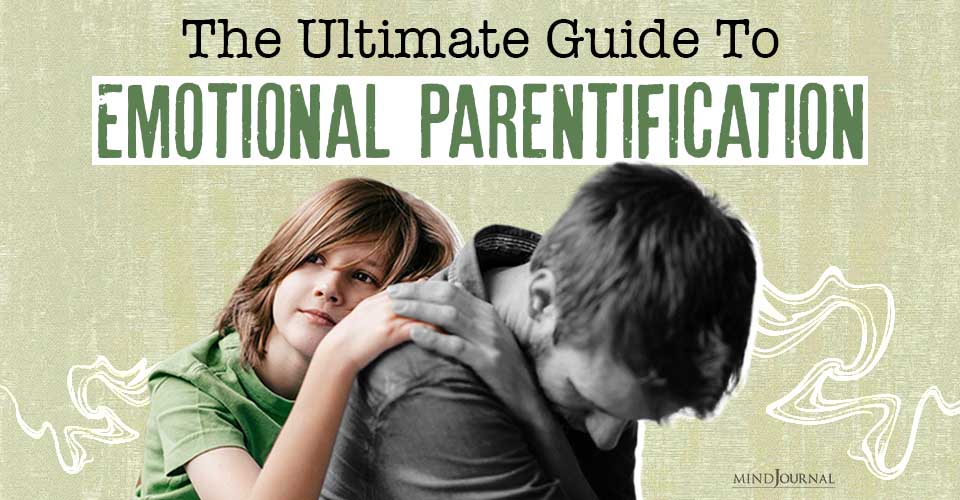
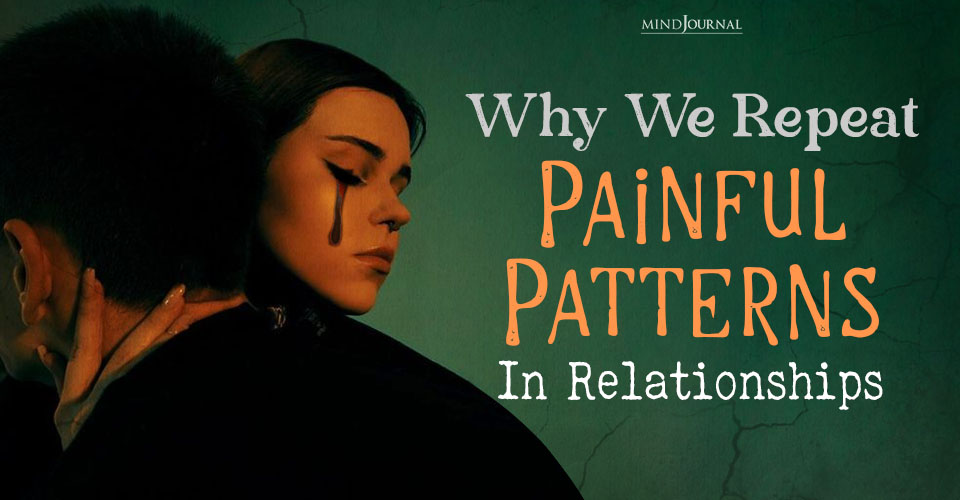
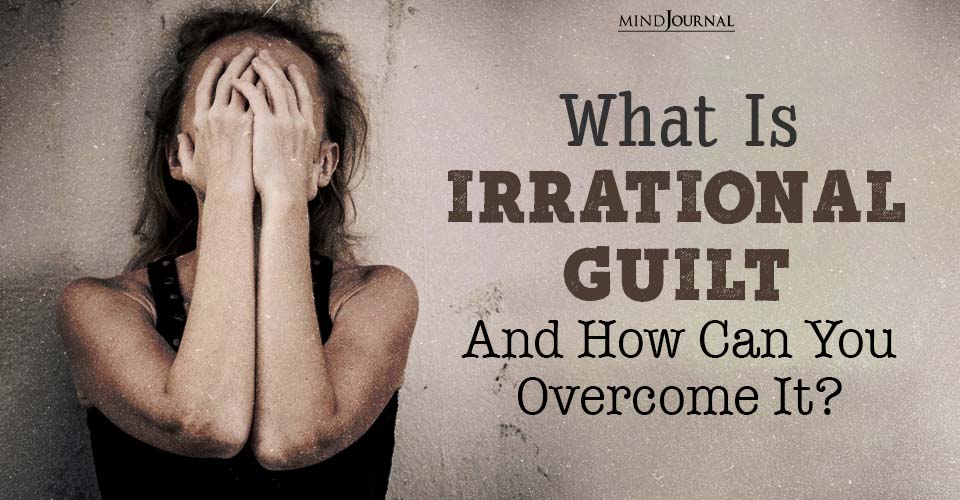


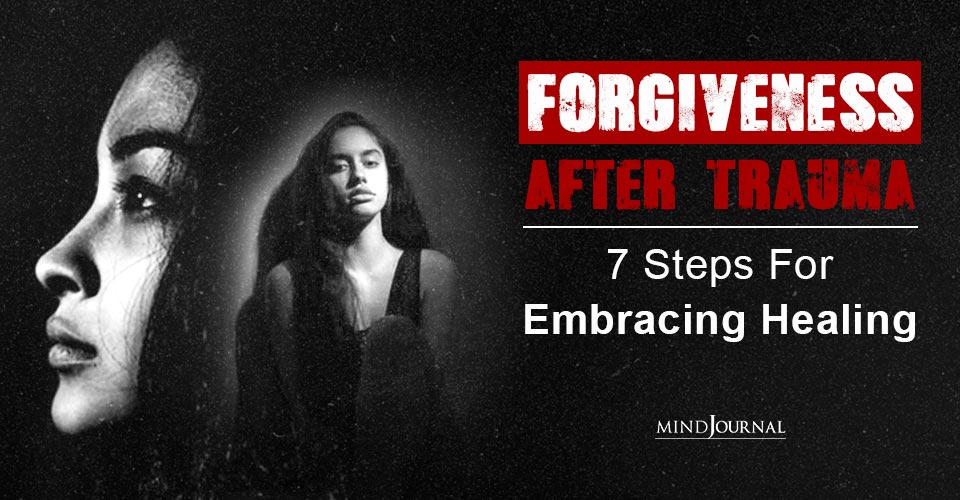
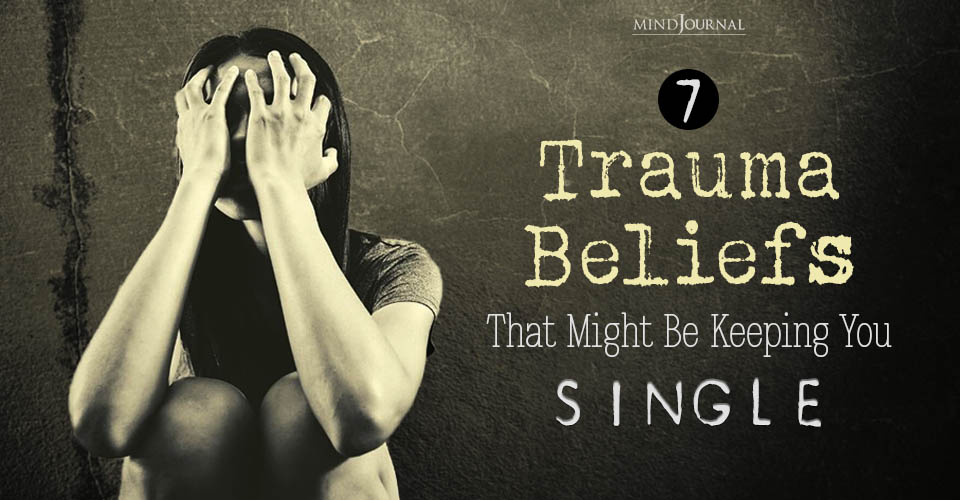
Leave a Reply